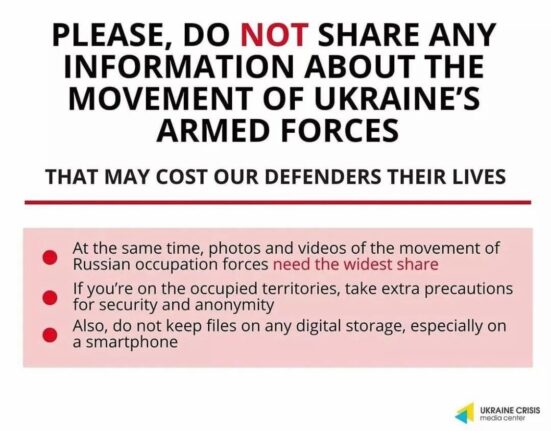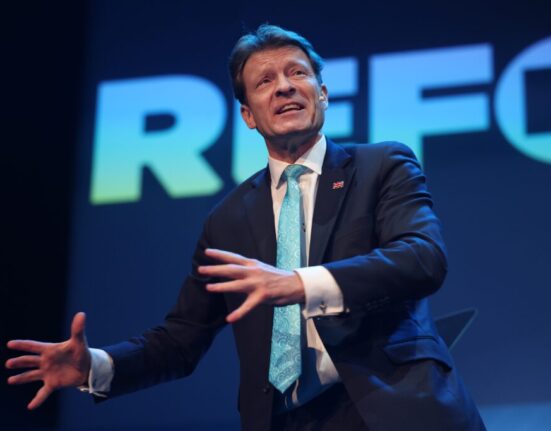Unity is a concept that holds immense significance in any society, acting as a cornerstone for peace, progress, and collective well-being. However, a recent post on a popular social media platform shed light on a thought-provoking perspective regarding unity in Nigeria. The post featured a video with a caption that sparked a wave of contemplation among its viewers. The video commenced with a striking statement, “I behave like a typical Igbo man and have no northern character in me at all.” This declaration immediately raises questions about the true essence of unity and what it means in the context of Nigeria’s diverse cultural landscape.
The assertion made in the video quickly ignited a debate among the audience, prompting individuals to ponder the implications of such a statement on the broader concept of unity. The notion that unity requires individuals to shed their inherent tribal characteristics and fully embrace the traits of their host tribe challenges conventional beliefs about unity and solidarity. It raises concerns about the authenticity of unity if it necessitates the suppression of one’s cultural identity in favor of assimilation into another group’s norms.
The video’s premise challenges the conventional understanding of unity, suggesting that true unity should not entail the erasure of one’s cultural roots but rather the harmonious coexistence of diverse identities.
Delving deeper into this discourse unveils a fundamental question – should unity be synonymous with homogeneity, where individuals are expected to conform to a singular cultural mold, or should it celebrate the richness of diversity within a society? The scenario presented in the video sparks introspection about the complexities of unity in a country as culturally diverse as Nigeria. Each ethnic group in Nigeria contributes a unique tapestry of traditions, beliefs, and customs that collectively form the nation’s rich cultural heritage. Embracing unity in such a context requires a delicate balance between preserving individual identities and fostering a sense of national cohesion.
Unity in a diverse society like Nigeria should not demand uniformity but rather encourage mutual respect, understanding, and appreciation of each other’s differences.
The video’s narrative serves as a mirror reflecting broader societal attitudes towards unity and diversity. It invites us to reevaluate our understanding of unity beyond surface-level assimilation towards a more inclusive and accepting approach that values the mosaic of identities within a nation. The discourse sparked by the video transcends its immediate context, resonating with individuals across various cultural backgrounds who grapple with similar questions of identity, belonging, and unity.
The conversation around unity in Nigeria extends beyond individual experiences to encompass larger societal narratives, shedding light on the complexities and challenges inherent in fostering a united and inclusive nation.
As we navigate the intricacies of unity in a multicultural society like Nigeria, it becomes imperative to recognize and celebrate the diversity that defines us while striving towards a shared vision of progress and harmony. True unity does not demand conformity but thrives on the vibrant interplay of different cultures, traditions, and perspectives that collectively shape our national identity. It is through embracing our differences, acknowledging our shared humanity, and fostering empathy and solidarity that we can truly embody the essence of unity in its purest form.
Unity, when rooted in respect, acceptance, and inclusivity, has the power to transcend boundaries, bridge divides, and pave the way for a more cohesive and prosperous society.
In conclusion, the discourse sparked by the video underscores the nuanced nature of unity and the profound impact it has on shaping social dynamics and collective consciousness. It challenges us to redefine unity not as a uniformity of traits but as a celebration of diversity, a tapestry woven from the threads of varied cultures, beliefs, and experiences. As Nigerians continue to navigate the intricate tapestry of their cultural landscape, embracing unity in all its complexities and richness will be key to forging a more united, empathetic, and harmonious society for generations to come.









Leave feedback about this